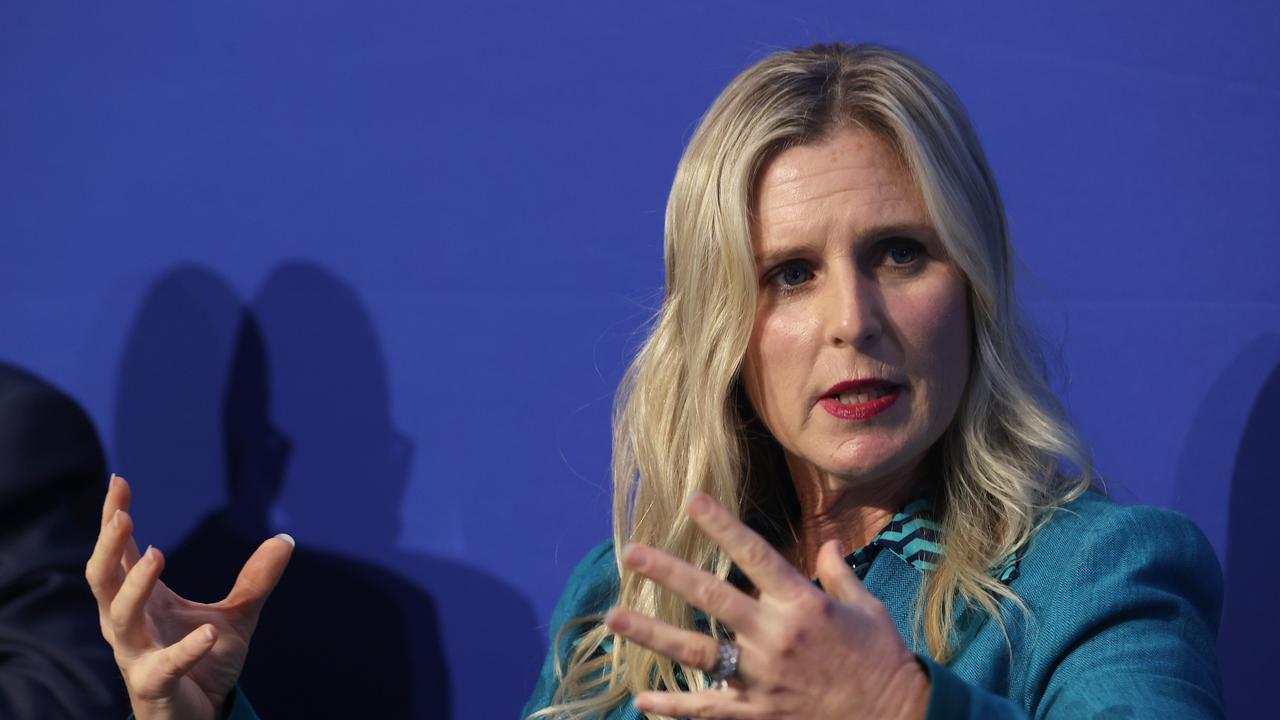Big lenders in box seat for open banking era
The shift in Australia and other markets to an open banking regime will create opportunities for incumbent banks.

The shift in Australia and other markets to an open banking regime will create opportunities for incumbent banks who can draw on their hefty balance sheets and brands, according to global payments giant Mastercard.
Rupert Naylor, who runs Mastercard’s Asia-Pacific data and services business, said while there was no “one size fits all” transition to open banking across the region, there would be benefits for digital banks as well as established players.
His comments come after another delay in Australia’s start date for open banking — which gives consumers more control over sharing their data and makes it easier to switch providers — from February to July.
Incumbent “banks have significant differentiated strengths … they have a lot of assets that are very important”, Mr Naylor said, referring to their brands, balance sheets and networks. “They have assets neo-banks don’t.”
The prevailing view for implementing open banking in Australia is to boost competition as it forces large banks to share an individual’s data with a third party when permission is granted.
In December, the Australian Competition and Consumer Commission said it had postponed the open banking start date to July due to “new additional implementation work and testing” of systems related to the Consumer Data Right (CDR).
Mr Naylor said he backed local regulators being cautious if “reliable APIs” (application programming interfaces) were not in place for open banking.
“We have to put the customer at the centre of what we are thinking about,” he said.
Parts of the domestic fintech community have expressed concerns about the delay of the open banking regime, and industry body FinTech Australia has called for more of its members to have access to testing ahead of July.
Micro-investing firm Raiz Invest said on Tuesday that open banking would benefit incumbents that had start-ups as subsidiaries, as announced by Commonwealth Bank in setting up a venture division this week.
“This is a perfect example of how customer data rights will give a competitive advantage to, not just CBA, but the large four banks in general,” Raiz boss George Lucas said.
“CBA will be able to share customer data without customer consent with these subsidiary start-ups.”
Mr Naylor also highlighted that despite little traction early on, open banking take-up accelerated in Britain in 2019.
The UK’s 2019 open banking review cited more than one million users and an almost doubling in regulated providers to 204.
This year, Mastercard is monitoring any large declines in spending and travel emanating from the deadly coronavirus.
The buy now, pay later sector is also on Mastercard’s radar following a bigger push into the industry.
Mastercard formed an alliance with LatitudePay last year that enables customers to buy now, pay later, where Mastercard is accepted. The card company also entered a strategic partnership with ASX-listed Afterpay that covers services to merchants, data and technology.
“There is lots of activity in the space, lots of our clients are looking at it,” Mr Naylor said.
“There is quite a lot of innovation activity.”
The local payments industry is also in dialogue with the Reserve Bank on its sweeping review of retail payments regulation, which covered areas including interchange fees, card surcharging and regulatory developments offshore. Mastercard made a submission by the January 31 deadline.






